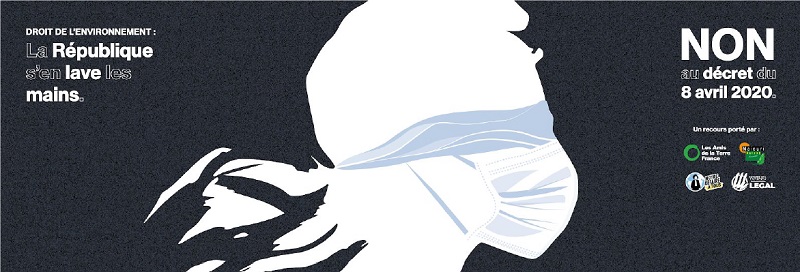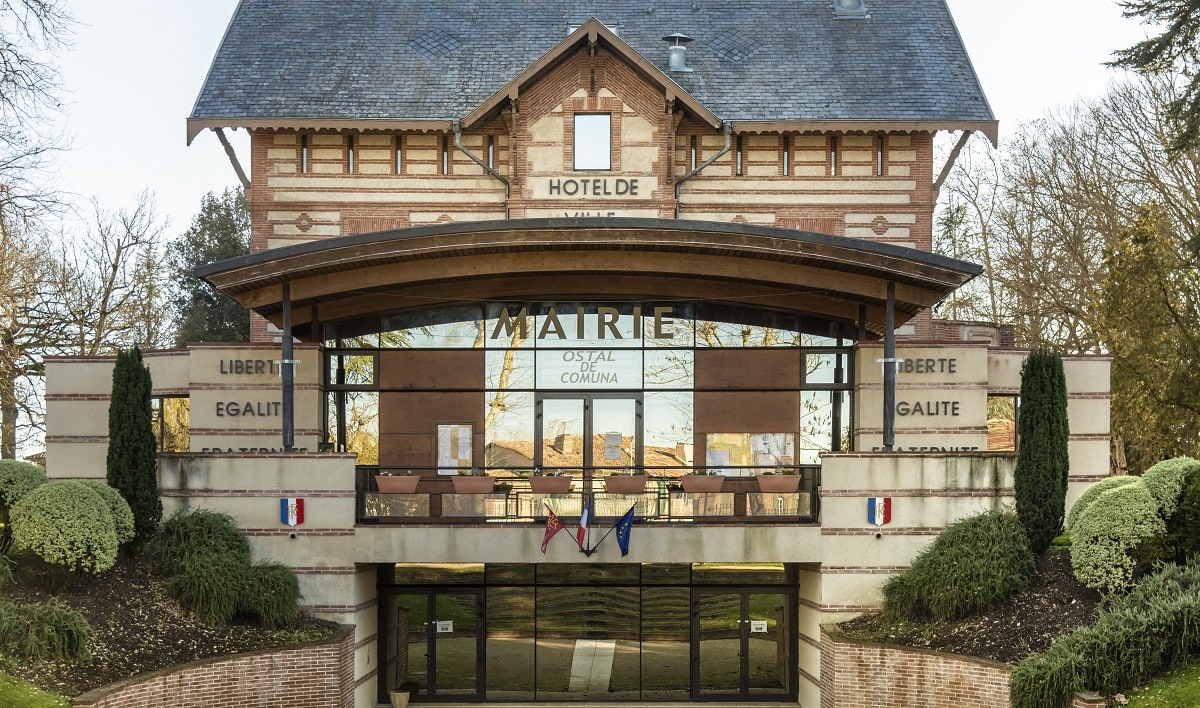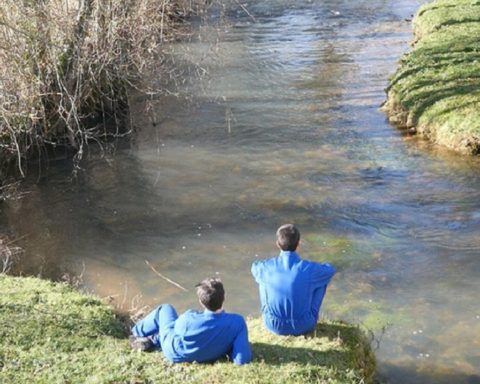Mercredi 27 mai, quatre associations, Les Amis de la Terre France, Notre Affaire à Tous, Wild Legal et Maiouri Nature Guyane déposent un recours devant le Conseil d’Etat afin d’obtenir l’annulation du décret du 8 avril 2020, qui généralise le droit des préfets à déroger à de nombreuses normes réglementaires, notamment en matière environnementale.
Ce décret, adopté en plein confinement, permet aux préfets de déroger et donc de contourner les normes réglementaires existantes pour prendre des décisions dans des domaines étendus, tels que l’aménagement du territoire, la construction, le logement, l’urbanisme, l’emploi, l’octroi de subventions, mais aussi l’environnement. En pleine crise sanitaire, ce décret fragilise le droit de l’environnement au profit d’une future relance économique, comme l’a déclaré le 8 avril 2020 dans un communiqué le ministre de l’intérieur, Christophe Castener, « pour faciliter la reprise de notre pays ».
Le décret étend à la France entière, sous couvert de déconcentration, une procédure instaurée le 29 décembre 2017 à titre expérimental dans certains départements et régions, dont les Amis de la Terre France avaient déjà demandé l’annulation, ainsi que le Syndicat national de l’environnement-FSU qui s’interrogeait sur les conséquences que pourraient avoir cette expérimentation et son éventuelle généralisation.
Ce décret comporte les mêmes garde-fous : pour déroger aux normes réglementaires, l’arrêté préfectoral doit être justifié par un motif d’intérêt général, répondre à des circonstances locales et être compatible avec les engagements européens et internationaux de la France. Il doit aussi « avoir pour effet d’alléger les démarches administratives, de réduire les délais de procédure ou de favoriser l’accès aux aides publiques ».
Au moins 183 arrêtés dérogatoires ont alors été adoptés, parmi lesquels de nombreux cas inquiétants : cette période d’expérimentation a notamment permis l’installation d’une unité de méthanisation dans une zone protégée dans l’Yonne, ou encore à la construction d’une digue et d’un parc d’éoliennes en Vendée en passant outre l’obligation de réaliser une étude d’impact environnemental. Autre exemple, cet arrêté du 22 mai 2020 « établissant une dérogation temporaire d’épandage par voie aérienne de produits phytopharmaceutiques pour les vignes dans les départements de l’Aude et de l’Hérault » : un épandage par hélicoptère de fongicides sur le vignoble audois et héraultais, alors que depuis 2010, la loi interdit l’épandage aérien de produits phytosanitaires et punit tout contrevenant à six mois d’emprisonnement et d’une amende de 150 000 €, tel que prévu par le délit mentionné sous l’article L. 253-17 du Code rural et de la pêche maritime.
La Confédération Paysanne de l’Aude a réagi : « Contrairement au message que le Syndicat des vignerons, Coop de France et les Vignerons indépendants voudraient faire passer, ces traitements aériens sont loin de faire l’unanimité dans la profession. Au-delà du coût et de l’efficacité contestable, nombre de viticulteurs s’inquiètent de l’image véhiculée par cette initiative pour les vins du Languedoc. La mobilisation des chambres d’agriculture de l’Aude et de l’Hérault sur ce dossier est totalement disproportionnée avec les attentes des vignerons qui doivent faire face à des problèmes économiques dus à la crise du Covid. Quant au gouvernement, nous ne sommes malheureusement plus étonnés par son manque de crédibilité à vouloir mener une transition écologique et solidaire, tant de fois affichée, tant de fois bafouée. La Confédération paysanne envisage toujours de saisir la justice administrative avec France Nature Environnement et ECCLA. »
Le décret du 8 avril accorde dorénavant à tous les préfets ce pouvoir de dérogation sans aucune limite de temps.

Pour Louis Cofflard, membre du Conseil fédéral des Amis de la Terre France et avocat du recours : « Ce décret fige dans le droit commun, sans information ni consultation du public minimale, un dispositif réglementaire rétrograde laissant à l’arbitraire de chaque préfet le soin de garantir une application inégalitaire du droit de l’environnement. »
Pour Chloé Gerbier, juriste de l’association Notre Affaire à Tous : « Dans une période de “relance économique”, où les projets polluants sont amenés à se multiplier, ce décret peut être dévastateur en matière environnementale. En effet, sous couvert d’intérêt général et de procédure accélérée, certains projets pourront être exonérés de procédure d’autorisation, et donc parfois même d’étude d’impact. »
Cette procédure de passe-droit est particulièrement dangereuse sur certains territoires déjà soumis à une forte pression de la part des industriels. En Guyane, les militants anti-mine du collectif Or de question et de l’association Maiouri Nature Guyane s’inquiètent fortement de cette tendance alors que les compagnies minières mettent toujours plus de pression sur l’administration pour obtenir de nouveaux permis, poussant des projets polluants dans un contexte de relance économique post-confinement, notamment les projets miniers en Guyane.
Marine Calmet, juriste des associations Maiouri Nature Guyane et Wild Legal confirme : « Ce nouveau décret illustre parfaitement la tendance mortifère de détricotage du droit de l’environnement actuellement en cours en France. »
Malgré les dangers directs et graves de ce texte en terme écologique, ni les autorités environnementales ni le public n’ont été consultés avant l’adoption du décret.
De plus, un tel dispositif est profondément contraire à la Constitution. D’une part, les porteurs de projets qui obtiendront des dérogations seront nécessairement ceux qui réussiront à faire valoir leur dossier auprès du préfet, et des projets identiques seraient soumis à des obligations différentes selon les départements, ce qui remet en question le principe d’égalité devant la loi.
D’autre part, le décret ne respecte pas la séparation des pouvoirs, car il permet à l’exécutif – le préfet – de délivrer, au cas par cas, des “dispenses” de législation qui sont d’ordinaire, du domaine réservé du législateur.
Enfin, la formulation imprécise du décret et son champ d’application vaste vont à l’encontre de l’objectif de clarté et d’intelligibilité de la loi.
Cette inflexion des normes environnementales tend à prouver que derrière les discours et diverses tribunes plaidant pour une « relance verte« ou pour « mettre l’environnement au cœur de la reprise économique », la cohérence n’est pas de mise dans notre pays.
- LIRE AUSSI DANS UP’ : Substances chimiques : identifier leurs dangers potentiels n’est pas si simple













A mon avis, les recours contre des arrêtés préfectoraux auront plus de chance de prospérer que contre le décret. Par exemple, pour le principe d’égalité, on peut traiter différemment des situations différentes. Ou encore, l’objectif de clarté et d’intelligibilité ne s’applique pas à un décret, mais à la loi…